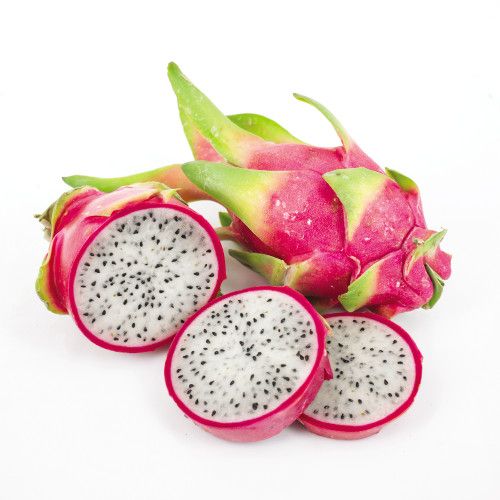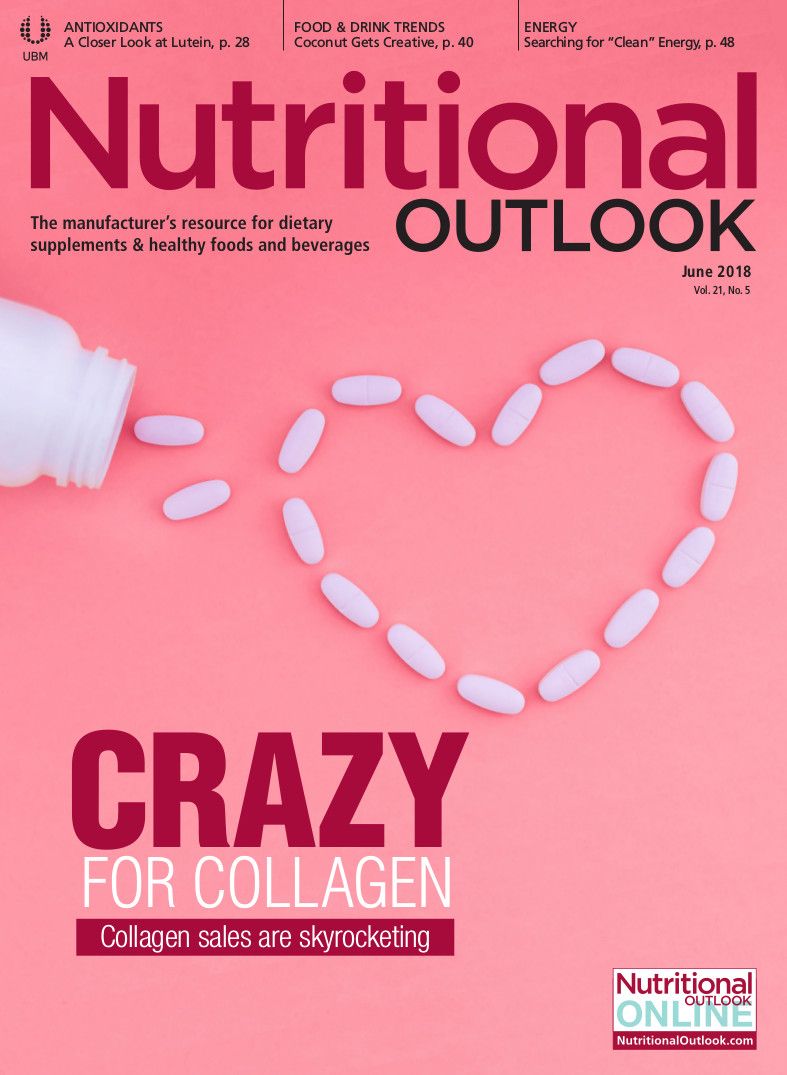These natural flavors are not easy to source
Flavor firms discuss some of the challenges they face when sourcing certain natural, clean-label flavors.
Photo © Shutterstock.com/StudioByTheSea

Clean-label favors are no longer a trend but a requirement of today’s discerning food and drink consumers. While consumers and manufacturers have their own ideas about what constitutes a clean-label favor, Dave Franz, senior director, business development, Kerry Ingredients (Beloit, WI), tells Nutritional Outlook that generally, clean-label favors are considered to be those that are all natural, or “natural WONF” (“with other natural favors”) added for favor complexity. While demand is growing for natural favors, however, it can be difficult for favor suppliers to actually get their hands on the source materials for certain natural favors. Here’s a look at some of the biggest challenges favor firms say they are facing now.
According to Philip Caputo, marketing and consumer insights manager, Virginia Dare (Brooklyn, NY), the raw materials for certain trendy superfruit flavors can be difficult to bring in house. “Exotic” natural flavors like mangosteen and dragon fruit, among others, are often sourced abroad, which means that they must be shipped overseas without losing their flavor. Karen Manheimer, vice president, natural products division, Kerry Ingredients, explains that “‘in demand’ products such as…mangosteen, dragon fruit, snake skin fruit, etc., are difficult to transport from their country of origin. Often these fruits are delicious when fresh but lose their appeal when they are processed into juice or other ingredients that could be used in a natural flavor.”
Another reason these exotic flavor materials are difficult to source is because of the scale of their supply, says Caputo. “In many cases, the raw ingredient supply simply doesn’t exist at the volume required to develop natural flavors with ease,” he says. For example, although blood orange is now a popular flavor, a few years ago it was difficult to find in products and on menus. As consumer desire for blood orange has grown, U.S. growers have started growing the crop to help meet the demand, he says.
Up-and-coming flavors like dragon fruit aren’t the only flavors that can be difficult to source. Take vanilla, for instance-a consumer-beloved flavor that is universally used. It is well known that monsoons have impacted slow-growing vanilla crops in recent years, causing worldwide shortages. Humans can also be as much to blame for raw material sourcing dilemmas as Mother Nature, says Cyndie Lipka, master flavorist, Prinova (Carol Stream, IL): “The shortage of [vanilla] beans makes the crop very valuable, and there have been instances where the entire crop is stolen. Some farmers get nervous and they wind up harvesting early when beans are not at their best from a flavor development standpoint.” Lipka adds that crop shortages aside, vanilla beans are also “quite finicky, and require hand pollination for a bean to grow.”
Citrus crops, meanwhile, are also facing unforeseen ecological setbacks. Lipka cites USDA data estimating that 2018’s citrus crop yield will be the smallest it’s been since the 1940s, due to various environmental impacts. “Oranges have been demolished by a vector-transmitted pathogen which causes a disease called Huanglongbing, or HLB,” she says. “This insect [transmitting this pathogen] affects trees by killing branches, causing unsellable bitter fruit and stunting growth.”
U.S. grapefruit crops have also been nearly decimated by natural disasters. Kerry Ingredients’ Manheimer states that while the “best quality” grapefruit oil is produced in Florida, recent years have seen many acres of grapefruit crops destroyed by hurricanes. This is a big concern for many in the beverage space who rely on the popular flavor in beverage formulations.
It’s worth noting that there are many trending flavor ingredients that do not come with some of the sourcing challenges that other unique flavors do. Manheimer points to turmeric extract, ginger oil, cinnamon oil, and cardamom oil, which she says are currently less difficult to source.
Also read:
2018 Flavor Trends for Food and Beverage
Fermented Flavors Driving Food, Beverage Innovation, Symrise Says
Photo of dragon fruit

Prinova acquires Aplinova to further increase its footprint in Latin America
April 7th 2025Prinova has recently announced the acquisition of Brazilian ingredients distributor Aplinova, which is a provider of specialty ingredients for a range of market segments that include food, beverage, supplements, and personal care.





















